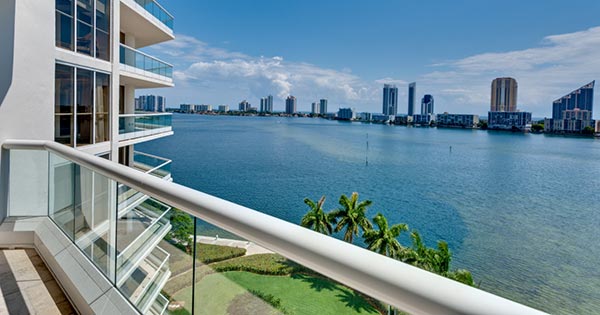Private investigation in Thailand play a critical role in resolving legal, corporate, and personal issues. Licensed private investigators specialize in discreetly gathering information, conducting surveillance, and verifying facts within the boundaries of Thai law. These services are sought after by individuals and businesses dealing with matters like infidelity, fraud, and asset recovery.
1. Legal Framework for Private Investigations in Thailand
Private investigation services operate within Thai laws, including the Criminal Code and Civil Procedure Code. Investigators must adhere to the following:
- Respect for Privacy Laws:
- Surveillance and information gathering must not violate personal privacy or trespass on private property.
- Licensed Operation:
- Investigators must work for licensed agencies registered with the relevant authorities.
- Prohibition of Certain Activities:
- Unauthorized wiretapping, hacking, and other invasive actions are strictly illegal.
2. Common Services Offered
2.1 Infidelity Investigations
- Conduct surveillance to confirm suspicions of marital infidelity.
- Collect evidence such as photographs, videos, or records for use in divorce proceedings.
2.2 Background Checks
- Verify personal histories, criminal records, employment, or education credentials.
- Often used for pre-employment screenings or partner due diligence.
2.3 Corporate Investigations
- Detect corporate fraud, embezzlement, or intellectual property theft.
- Conduct due diligence for mergers, acquisitions, or partnerships.
2.4 Missing Persons
- Locate individuals such as estranged family members, debtors, or witnesses.
- Utilize databases, public records, and on-the-ground investigations.
2.5 Asset Searches
- Identify hidden assets for legal disputes, divorce cases, or debt recovery.
3. Techniques and Tools Used
- Surveillance:
- Physical and digital monitoring of individuals and activities.
- Database Searches:
- Utilize publicly available records, including property deeds, company registrations, and court documents.
- Undercover Operations:
- Investigators may operate covertly to obtain firsthand information.
- Technological Tools:
- Use of GPS trackers, hidden cameras, and online analytics tools (within legal limits).
4. When to Engage a Private Investigator
- Personal Matters:
- To gather evidence for marital disputes or verify suspicions in sensitive relationships.
- Corporate Concerns:
- To prevent fraud, confirm business partners’ credibility, or investigate employee misconduct.
- Legal Proceedings:
- To collect admissible evidence for court cases, including civil and criminal matters.
5. Choosing a Reliable Private Investigator in Thailand
- Licensing and Credentials:
- Ensure the investigator operates through a licensed agency and has a proven track record.
- Local Expertise:
- Knowledge of Thai laws, culture, and geography is essential for effective investigations.
- Confidentiality:
- Confirm the investigator’s commitment to discretion and secure handling of sensitive information.
- Service Agreement:
- Request a detailed contract outlining the scope of work, fees, and confidentiality terms.
6. Challenges and Limitations
- Legal Boundaries:
- Investigators must operate within the framework of Thai law, which may restrict certain techniques.
- Language Barriers:
- Non-Thai clients may face communication challenges unless hiring bilingual investigators.
- Costs:
- Private investigation services can be expensive, with fees varying based on complexity and duration.
Conclusion
Private investigation services in Thailand are essential for resolving complex personal and corporate issues while adhering to legal and ethical standards. Engaging a reputable agency with local expertise ensures reliable results, confidentiality, and compliance with Thai regulations. These services offer valuable support in decision-making and legal matters, making them a trusted resource for individuals and organizations alike.








